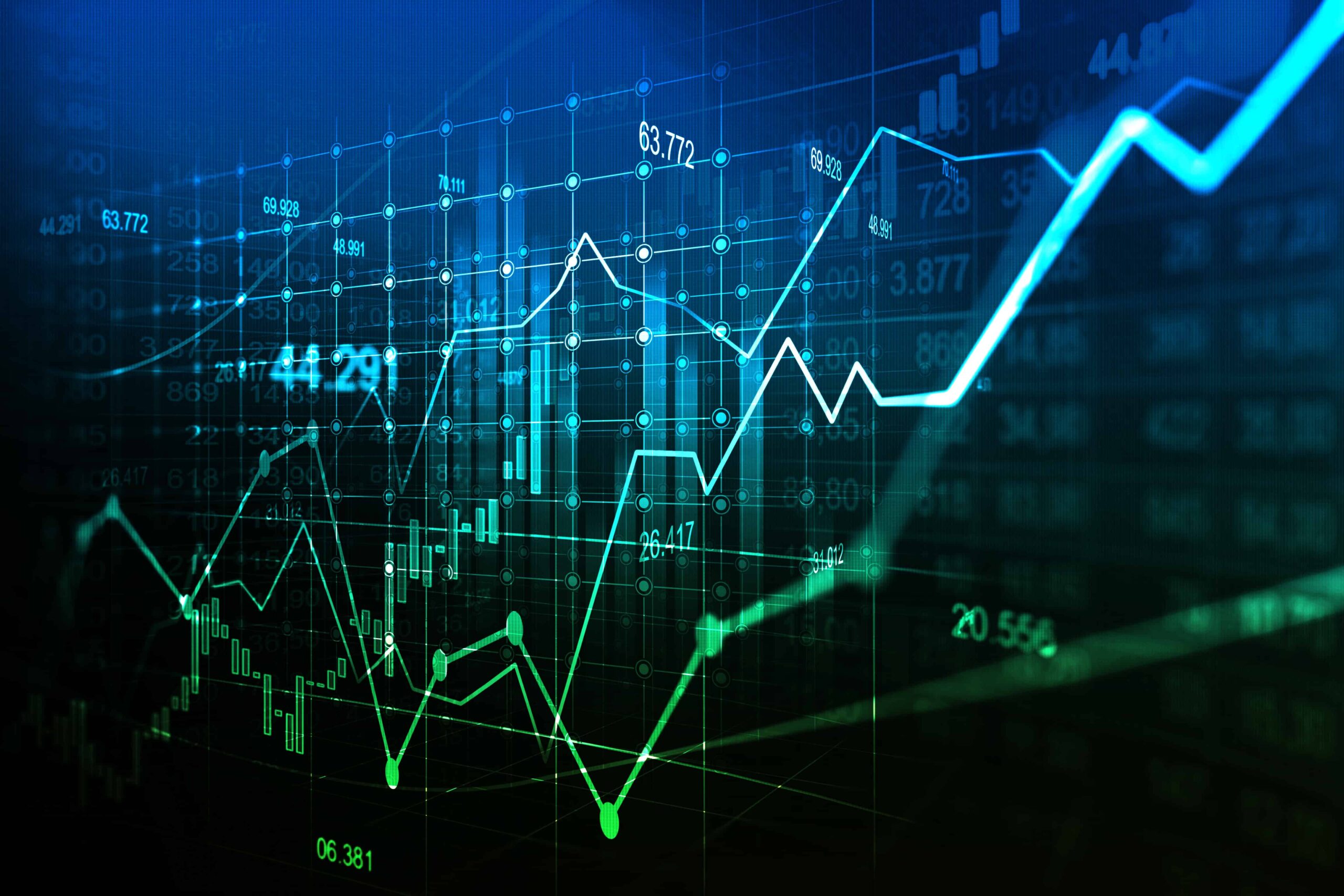Index trading is popular among traders, allowing them to make a profit from the price movements of indices. To understand what indices trading is all about, it’s essential to start with answering an all-important question.
What is an index?
In trading, an index is a measure of the collective movement of a group of financial assets. These financial assets provide a performance indicator for a particular sector. Indices are the plural form of an index.
Trading indices
Several asset classes have indices but one of the most common are stock indices as well as product indices. Indices are only signs and so they have no physical worth. As a result, they are determined in points as opposed to in money..

Indices traders can not buy and trade any index directly as they would certainly with a commodity or supply. They trade through different derivative items like index futures, ETFs, and CFDs. These items enable them to hypothesize on the activities of numerous indices without having to buy every single asset within.
Indices illustration
When it concerns establishing value, each index has its own calculation approach. Nonetheless, for the most part, the family member adjustment of an index is more vital than the real numerical worth representing the index.
For instance, if the NASDAQ 100 INDEX (NAS100) is valued at 8,566.67, this number represents a change from an original base value. It tells traders that the index is over 8.5x its base level of 1,000. This number is informative but it’s more important for traders to know the amount by which the index has increased or fallen and this is often expressed as a percentage.
How do indices move?
Several factors influence indices rate motions and also volatility. Some common ones consist of:
#Significant political events
Economic information at a specific time e.g. employment figures in a particular area
Major adjustments in the money markets
Occasions that influence business in a certain industry. A substantial modification in the value of one huge firm that becomes part of a bigger index can disproportionately impact the value and also the efficiency of that index.
#The typical indices
“Criteria indices” control the international indices markets. These are indices that essentially have a huge influence on economic climates and also are usually deemed reliable signs of the financial health and wellness of a particular location or nation. The popular indices are often ranked by independent organizations consisting of significant financial institutions and also expert organizations like Criterion & Poor’s (S&P).
The following are some of the biggest indices markets in the world:
#Popular American indices
Dow Jones (DJ 30)– comprising 30 of the biggest publicly owned companies in the US, it’s often referred to as “Wall Street.”
NASDAQ 100– a capitalisation weighted index comprising over 100 tech companies in the US.
S&P 500 – a stock market index for 500 large companies listed on several US stock exchanges.
#Popular European indices
The FTSE 100– representing the UK’S 100 biggest companies by capitalisation, the index is sometimes called the “UK 100.”
The DAX– popularly referred to as the “Germany 30,” this index comprises 30 major German companies.
CAC 40– this index comprises 40 of France’s biggest companies by capitalisation and it’s simply referred to as the “France 40.”
#Popular Asian indices
Nikkei 225– a price-weighted index comprising 225 of Japan’s biggest companies.
HSI 50 – an index comprising 50 of the largest companies in China by market capitalisation
Why trade indices?
Indices trading gives the trader a number of advantages.
Indices subject a trader to business across several sectors as well as markets, permitting easy and also reliable diversification.
Investors do not have to carry out a complete research study on each individual company, they just require to take a bullish or bearish position on the index depending upon total market view.
The price movement of indices is fairly smoother– having a team of economic properties reduces severe cost spikes. This naturally makes indices trading less volatile than other tools but with adequate volatility for investors to make revenues.
With indices, the investor never ever owns the property for that reason expenses are far lower.
Is trading indices for you?
Indices trading permits you to trade price movements in significant indices from throughout the globe. You’ll likewise gain from the possibly reduced risk of direct exposure to severe volatility and the larger possibilities offered by the broader variety of business. However as constantly, a technique and careful risk administration is called for.

